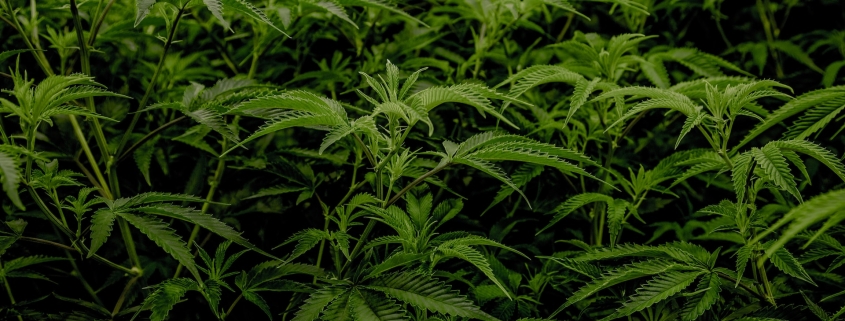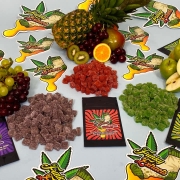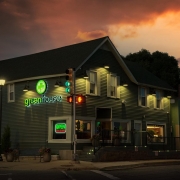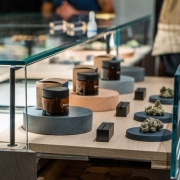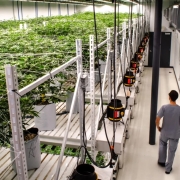Rock Bottom: Michigan cannabis flower prices drop a staggering 85% in 2 years
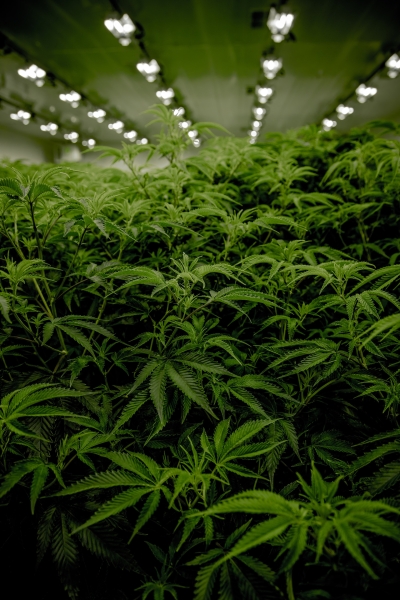 The Metro Times shares that 3 1/2 years after legal recreational marijuana sales began in the state, the Michigan market is saturated with cannabis at bargain-basement prices:
The Metro Times shares that 3 1/2 years after legal recreational marijuana sales began in the state, the Michigan market is saturated with cannabis at bargain-basement prices:
The average price of an ounce of adult-use flower dropped from $512 in January 2020 to $80 today, according to the Michigan Cannabis Regulator Agency.
But the plummeting prices have an enormous downside for cannabis businesses, many of which are struggling to survive. Growers, processors, and dispensaries are often selling their products at or near cost, hoping that prices rebound in the near future.
…One of the most significant contributors to the plummeting prices is the over-saturation of cannabis. In January 2021, there were fewer than 350 active grower licenses in Michigan for recreational marijuana. Today, that number has grown to more than 825.
Those businesses were growing about 261,500 plants in January 2021. By contrast, more than 1.2 million plants were growing in February 2023, and it’s far more cannabis than the market can sell.
To combat the plummeting prices, some in the industry are calling for a moratorium on licenses for new growers and dispensaries. Doing so would address the over-saturation of cannabis, which in turn would make the prices more fair, they say.
“I don’t think the state realized that the market was going to mature so fast and become oversaturated with product,” Nick Hannawa, chief legal counsel for Puff Cannabis Co., which has multiple dispensaries in the state, tells Metro Times. “If there was a moratorium on licenses across all license categories, you wouldn’t have this problem. There are more than enough dispensaries and product to go around.”
…Another potential solution for growers is to encourage more communities to permit dispensaries to open. About 1,400 of the roughly 1,700 cities, townships, and villages in Michigan still do not allow recreational sales.
Although some in the industry believe there are too many dispensaries, they note the stores are clumped together in communities that allow recreational sales. That means people in communities where recreational sales are banned either have to drive out of their way or rely on the black market.
Head over to the Metro Times for lots more on other solutions that are being explored.
photo credit: Cannabis Grow by Ryan Lange

